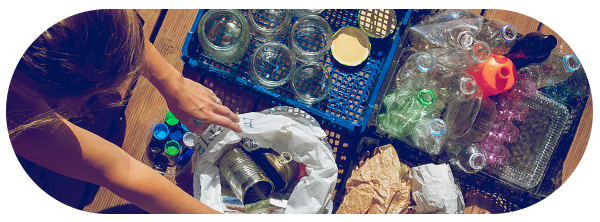Relevant Figures
CONSUMED ENERGY (KWh)
Treated water (m3)
Water
As part of our commitment to environmental responsibility, we carry out a constant and detailed monitoring of our impact on water resources. For this purpose, we use flow monitoring systems at various wells and discharge points in our facilities, recording both water consumption and discharge at time intervals. This valuable information, applicable to specific business units, is shared on a quarterly basis with the National Water Commission (CONAGUA).
In our agro-industrial division, we have become fully aware of the vital importance of water resources in our production. In this sense, we have implemented several initiatives that have driven the technification and automation of our irrigation systems at all stages of the production process. This innovative approach has allowed us to achieve a more efficient use of water, increase our production and improve the quality of the walnuts per hectare. At the same time, we have been able to reduce our energy consumption as follows:
Relevant figures
WATER CONSUMED (m3)
WATER DISCHARGE (m3)
TREATED WATER (m3)
Waste
At Grupo Bafar, we understand the importance of establishing a solid waste management process, which is why we have implemented defined procedures for the proper management of special and hazardous waste generated in our activities.
Relevant Figures
HAZARDOUS WASTE (Ton)
INORGANIC NON-HAZARDOUS WASTES (Ton)
| ORGANIC NON-HAZARDOUS WASTE (Ton)
NON-HAZARDOUS RECYCLABLE WASTE (Ton)
With respect to special handling waste, we have implemented a container system that allows for the proper separation of general waste, cardboard and plastic, which are subsequently collected by an external supplier. Each month, we receive sealed manifests certifying the quantities of waste collected, thus ensuring traceability and regulatory compliance in our waste management.

